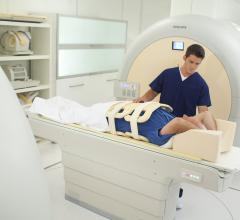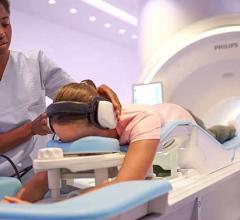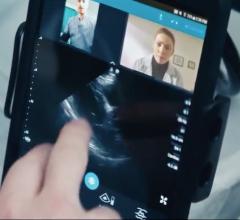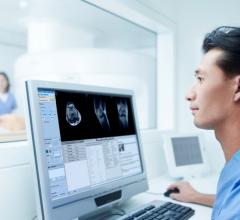If you enjoy this content, please share it with a colleague
Philips
RELATED CONTENT
Intel and Philips recently tested two healthcare uses for deep learning inference models using Intel Xeon Scalable processors and the OpenVINO toolkit. One use case focused on X-rays of bones for bone-age-prediction modeling, the other on computed tomography (CT) scans of lungs for lung segmentation. In these tests, Intel and Philips achieved a speed improvement of 188 times for the bone-age-prediction model, and a 38 times speed improvement for the lung-segmentation model over the baseline measurements.
IMV, part of the Science and Medicine Group and a market research and business intelligence provider to the imaging industry, announced the category winners of the 2017-18 IMV ServiceTrak in PET Imaging. Philips North America was the winner in the Best Service category, while GE Healthcare came out on top in Best Customer Satisfaction.
Philips announced that it has received 510(k) clearance from the U.S. Food and Drug Administration (FDA) for its Ingenia Elition 3.0T magnetic resonance imaging (MRI) solution and two clinical applications, Philips Compressed Sense and 3D APT. This integrated suite of innovations enables clinicians to perform exams up to 50 percent faster [1], increase diagnostic confidence and improve the patient experience.
The power to predict a cardiac arrest, support a clinical diagnosis or nudge a provider when it is time to issue ...
Many say it is very difficult or impossible to go through the large volumes of data to pick out what is clinically ...
As healthcare systems continue to expand through consolidation and the amount of data generated by patients grows ...
Philips Healthcare last week issued a proactive advisory warning to its iSite and IntelliSpace picture archiving and communication system (PACS) customers of potential security vulnerabilities in the products. The company cautioned that while it has received no reports of patient harm, the vulnerabilities in question could impact or potentially compromise patient confidentiality, system integrity and/or system availability.
ITN Contributing Editor Greg Freiherr offers an overview of artificial intelligence advances at the Radiological Society ...
Philips in partnership with Innovative Imaging Technologies (IIT) announced an industry-first integrated tele-ultrasound solution on Philips’ Lumify portable ultrasound system powered by IIT’s Reacts collaborative platform. This innovation connects clinicians around the globe in real time by turning a compatible smart device into an integrated tele-ultrasound solution, combining two-way audio-visual calls with live ultrasound streaming.
March 19, 2018 — Philips recently announced the launch of HealthSuite Insights, including the Insights Marketplace, to ...


 August 15, 2018
August 15, 2018 







